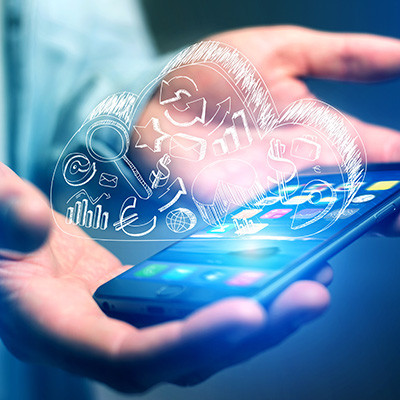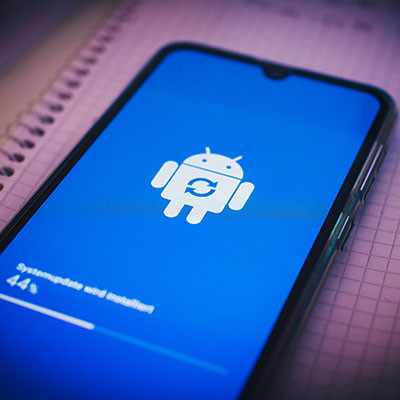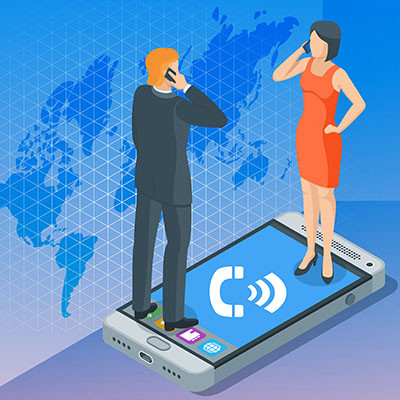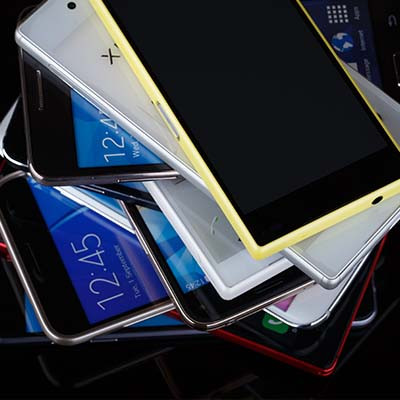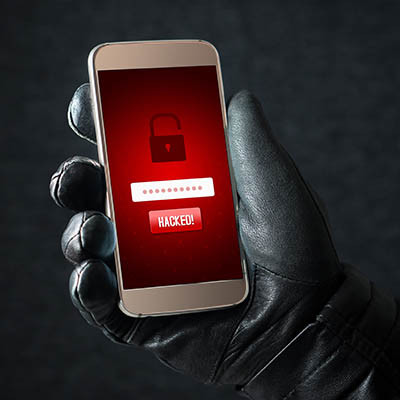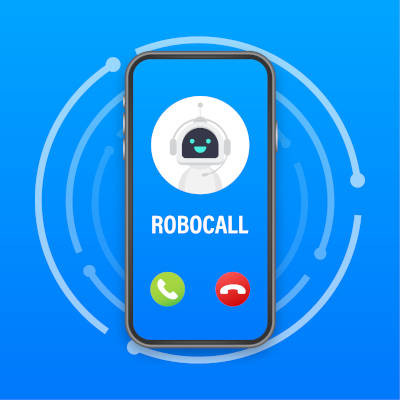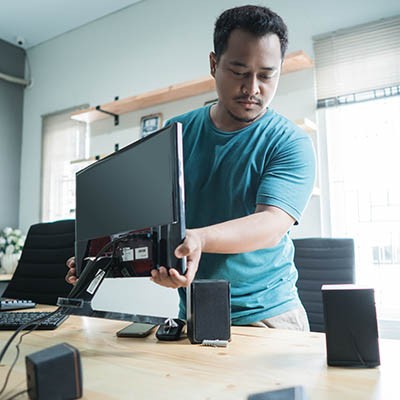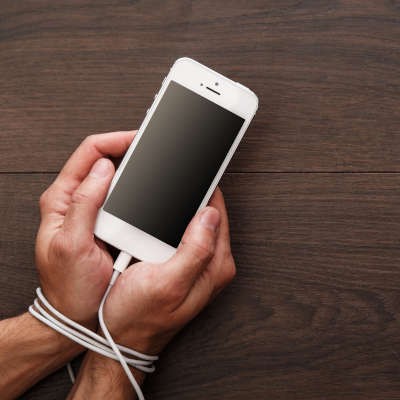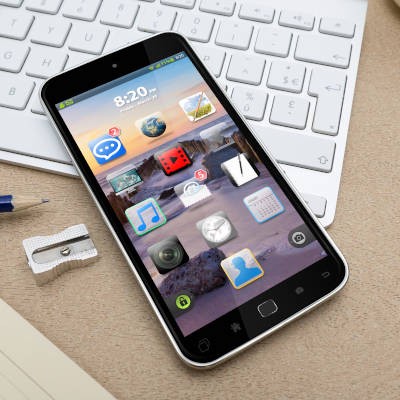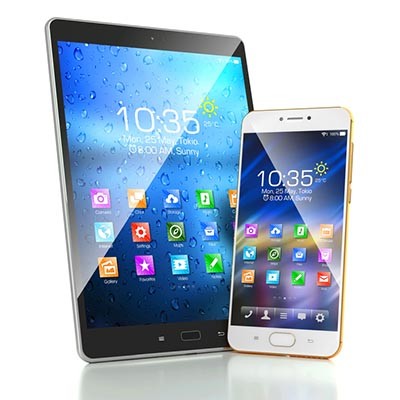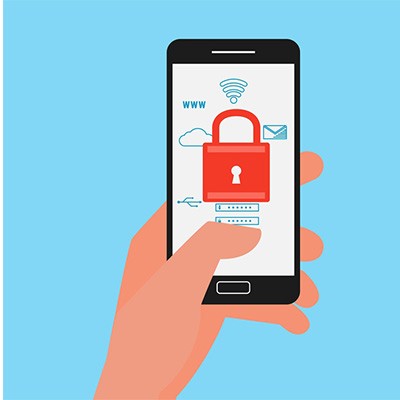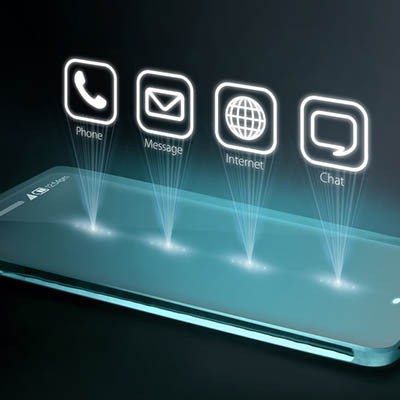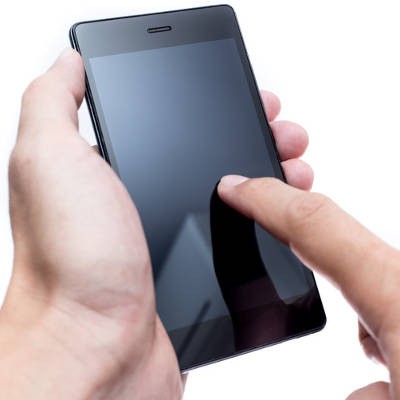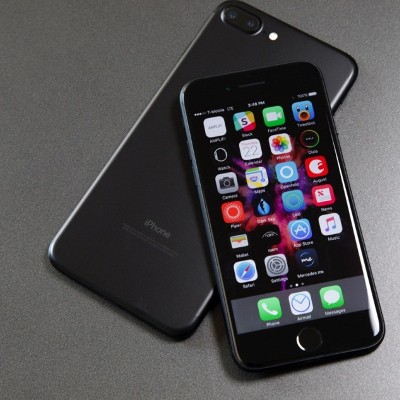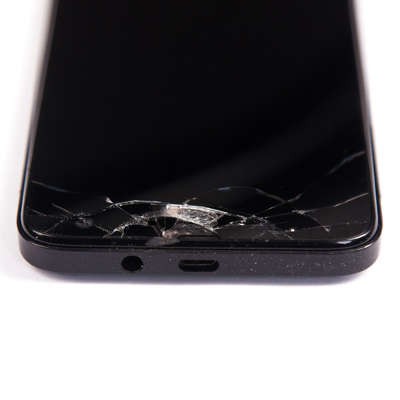On Wednesday, April 10, 2024, Apple deemed it necessary to send a rare alert to certain users via email, spread out across 92 nations. As Apple’s website states, these threat notifications “are designed to inform and assist users who may have been individually targeted by mercenary spyware attacks.” Let’s review these attacks so we all understand this threat better.
EZ MSP Blog
Back in April of this year, Google announced that the Android platform would be given the capability to archive unused applications to help preserve the precious storage space on the devices…provided that the device was almost out of available space. This auto-archive feature is now available to all users, regardless of the storage left on their device.
If you use Android mobile devices, then you’ll know that updating your device is routine maintenance to keep it safe from threats and security breaches. Not only that, but updating your device can resolve various bugs which impact functionality. Let’s go over how you can update your device to the latest version of its operating system.
The telephone has been a part of business processes since it was invented, with businesses quickly taking advantage of the new features that telephony has introduced as it has improved over the years. VoIP—Voice over Internet Protocol—is the latest improvement, and as such, offers businesses a lot of great benefits to embrace.
With so many great smartphones on the market, there are bound to be a couple that stand out for being innovative and interesting in their designs. These devices—many of which fall into the foldable category—are pretty neat and worth looking into. Here are some of the better options on the market today.
We always picture hackers as these foreboding, black-clad criminals, smirking through the shadows cast in their dark room by their computer monitor. Hardened, uncaring individuals who don’t go outside very often, staring at code as if they were able to decipher the Matrix.
It’s time we give up this persona and stop mystifying cybercriminals. Why?
It only takes a few bucks and some spare time to truly hold an individual’s data hostage.
“It was getting to the point where I wouldn’t answer my cell phone anymore.”
Does this sound familiar? If you get a lot of scam calls, you are probably ready to toss your phone off a pier. Not only are these calls annoying, they can be outright dangerous. I’m going to tell you right now—stopping them altogether isn’t easy, but there are ways to prevent them to a degree.
The office is in itself a tool designed to improve business. Remember the office? Some long for the day when they can get back there, while a majority of remote workers enjoy it. One thing is certain, many people are still working from home, sent home in March. Many, with no return date in sight. Today, we’ll take a look at a couple pieces of technology that are popular with the remote work crowd.
If you were to mention the term “smartphone addiction” to an incoming college freshmen (if you could get their attention), it would either illicit laughter or they would scoff at the notion that it is possible. We live in mobile times, and as a result, most of us actively use a smartphone. That’s not to say that most people are addicted to their device. This month, we wanted to look at the phenomenon that is smartphone addiction and take a look at its effects.
The Google Play Store has a massive selection of applications available for users to download. Unfortunately, just because they’re available to be downloaded, doesn’t necessarily mean that they should be downloaded. In fact, many of these apps should be avoided. For this week’s tip, we’ll go over a few categories of application that you shouldn’t download in the first place.
Smartphones are amazing and as a result a lot of people have jumped on board. So, when the annual financials came out, it was a minor surprise to see that the smartphone market was in significant decline. There are many reasons for this, but the main one has to be that older devices are holding up great compared to newer devices. This makes consumers less apt to make the substantial investment to get the latest and greatest device.
You might be shocked to find out that your mobile device holds a considerable amount of personally identifiable information on it. This has prompted many users to secure their phones at all times, but others simply ignore the threat and brush it aside. Since Google makes it so easy, there’s no excuse for Android users not to secure their devices. Here’s how you can do it.
While the phone is still a useful communication tool, it lately has been the cause of a large amount of stress from businesses and users alike. While caller ID was once also a useful tool to help stop spam calls, we now cannot trust the numbers it provides. Letting personal calls go to voicemail to check them is one thing, but a business shouldn’t do that. What can they do?
The difference in today’s mobile devices and those that came years before used to be staggering, but in recent years, the differences in power and functionality have started to wane. Manufacturers have begun to roll out devices with only minor changes in power, but with exorbitant increases in cost. For the first time, in 4Q of 2017, the smartphone saw stagnation, and we’ll try to get to the root of it.
It seems hard to believe that the smartphone has been around for over a decade. When Apple rolled out the first iPhone in 2007, it triggered a momentous shift in the way people access information. Over the past 10 years these devices have gone from somewhat of a novelty to a staple of modern computing. More data is transmitted and accessed by smartphone than by any other means, and Apple has been at the forefront of this computing shift from its inception.
WHOOPS! This might be one of the more PG-rated things you would say if you dropped your phone, and perhaps additional colorful words would follow the moment you discovered that your phone’s screen is now cracked. If you find yourself in such a predicament, what do you do next? We’ll help you deal with this unfortunate circumstance in the best way possible.


